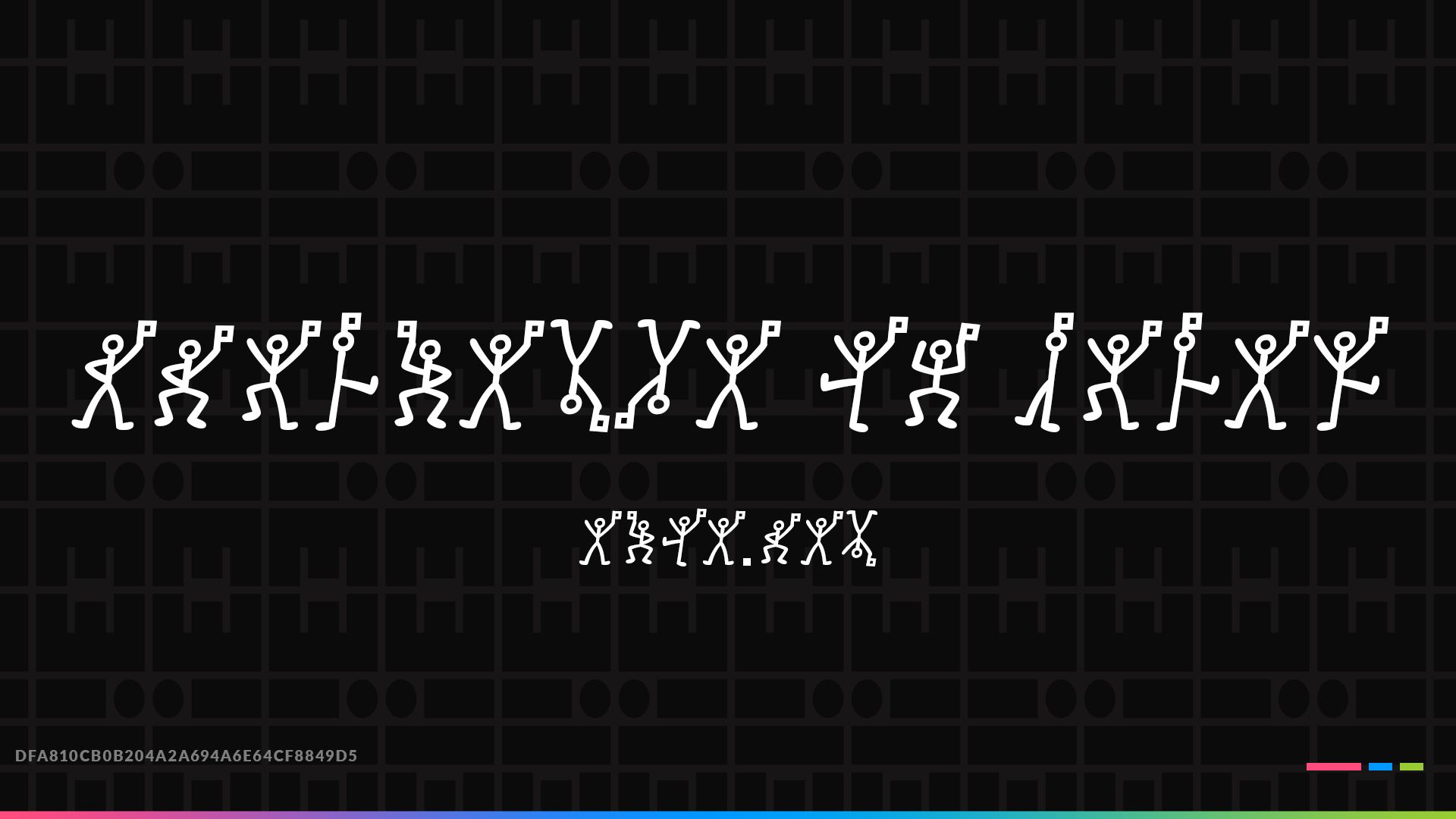We study the security of embedded web servers used in consumer electronic devices, such as security cameras and photo frames, and for IT infrastructure, such as wireless access points and lights-out management systems. All the devices we examine turn out to be vulnerable to a variety of web attacks, including cross site scripting (XSS) and cross site request forgery (CSRF). In addition, we show that consumer electronics are particularly vulnerable to a nasty form of persistent XSS where a non-web channel such as NFS or SNMP is used to inject a malicious script. This script is later used to attack an unsuspecting user who connects to the device web server. We refer to web attacks which are mounted through a non-web channel as cross channel scripting (XCS). We propose a client-side defense against certain XCS which we implement as a browser extension.


Xcs cross channel scripting and its impact on web applications
| Available Media | Publication (Pdf) Slides (pdf) |
| Conference | Computer and Communications Security (CCS) - 2009 |
| Authors | Hristo Bojinov , Elie Bursztein , Dan Boneh |
| Citation |


